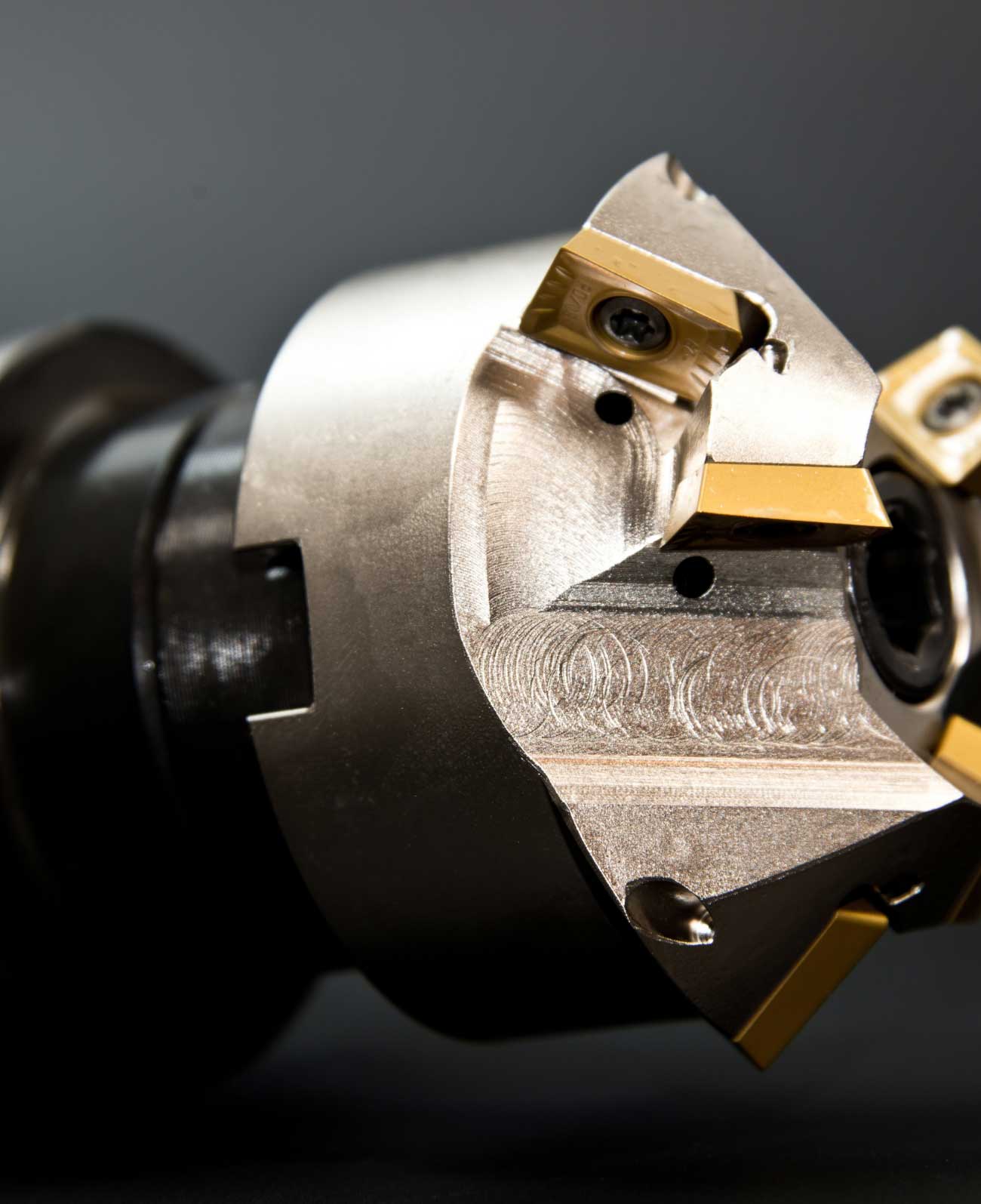
Digital Transformation and Challenges in Precision Tool Manufacturing
Precision tools refer to tools that can be processed, measured, and detected at the micron or nanometer level. They are widely used in aerospace, medical equipment, new energy and other fields. With the progress of science and technology and the demand of the market, precision tool manufacturing is facing the opportunities and challenges of digital transformation, and it is necessary to use the power of digital technology to carry out comprehensive optimization and innovation of production and operation. This article will discuss the digital transformation and challenges of precision tool manufacturing from the following aspects.
“Opportunities of digital transformation”
Digital transformation refers to the process of using digital technology to change traditional business models, organizational structures, management methods and value creation methods to improve efficiency, quality and competitiveness. For precision tool manufacturing, digital transformation can bring opportunities in the following areas:
(1) Improve production efficiency and quality. Through the use of smart sensors, Internet of Things, big data, cloud computing and other technologies, real-time monitoring, analysis and optimization of production equipment and processes can be realized to improve equipment utilization, reduce failure rates, reduce waste and defects, and improve production efficiency and quality.
(2) Promote product innovation and service upgrade. Through the use of artificial intelligence, virtual reality, augmented reality and other technologies, intelligent assistance to product design and development can be realized, product performance, function and differentiation can be improved, and customers’ diverse and personalized needs can be met. At the same time, through the use of remote diagnosis, predictive maintenance, intelligent after-sales and other technologies, intelligent support for product use and maintenance can be realized, and customer satisfaction and loyalty can be improved.
(3) Expand market application and cooperation space. Through the adoption of 5G, blockchain, digital platform and other technologies, the rapid transmission and safe sharing of product information and transactions can be realized, and the market coverage and channels can be expanded. At the same time, by adopting technologies such as robot collaboration and digital twins, it will realize deep integration and collaboration with upstream and downstream enterprises and cross-industry enterprises, forming industrial clusters and innovation platforms.


Challenges of digital transformation
While digital transformation is full of opportunities, it is not all smooth sailing. For precision tool manufacturing, digital transformation also faces the following challenges:
(1) High input cost. Digital transformation requires a large investment in infrastructure such as hardware equipment, software systems, and network construction, as well as software resources such as talent training and knowledge accumulation, which is not a small burden for small and medium-sized enterprises.
(2) The technical level is low. Digital transformation requires mastering and applying a variety of advanced digital technologies, such as artificial intelligence, Internet of Things, cloud computing, etc., which puts forward higher requirements for the technical level and innovation ability of precision tool manufacturing enterprises. At the same time, digital transformation also needs to solve the deep integration and innovation of digital technology and industry technology, knowledge and experience, which puts forward higher requirements for R&D investment and cooperation mechanisms of precision tool manufacturing enterprises.
(3) Data security risks are great. Digital transformation requires the collection, storage, transmission, analysis and application of a large amount of data, which involves sensitive issues such as data ownership, access rights, and use rights, as well as data security issues such as confidentiality, integrity, and availability. How to protect data from being leaked, tampered with, destroyed or misused, how to prevent cyber attacks, hacking, malware and other threats, and how to abide by relevant laws, regulations and ethics are important issues that need to be faced and resolved in digital transformation.

The path of digital transformation
Aiming at the opportunities and challenges of digital transformation in precision tool manufacturing, this paper puts forward the following suggestions:
(1) Establish the top-level design and strategic planning of digital transformation, clarify the goals, paths, steps and indicators of digital transformation, coordinate the digital needs and resources of various business links and departments, and form a global perspective and systematic thinking.
(2) Strengthen key core technology research and application innovation, accelerate the transformation and application of achievements, and improve independent innovation capabilities and core competitiveness. At the same time, strengthen cooperation and exchanges with external institutions such as universities, research institutes, and industry associations, and learn from advanced experience and technology.
(3) Reduce the input costs and risks of digital transformation, make full use of policy support and market mechanisms, and seek diversified financing channels and partners. At the same time, actively explore digital transformation models and solutions suitable for their own characteristics and needs, such as cloud computing, SaaS, etc.
(4) Strengthen data governance and security assurance, establish and improve standards and procedures for data collection, storage, transmission, analysis and application, and improve data quality and value. At the same time, establish and improve the data security protection system and emergency response mechanism to improve data security awareness and capabilities.
In short, precision tool manufacturing is a high-tech, high value-added, and high-efficiency industry, which is of great significance for improving the international competitiveness and innovation ability of my country’s manufacturing industry. Realizing the digital transformation of precision tool manufacturing is not only an inevitable choice, but also a daunting challenge. It requires precision tool manufacturers to continuously explore and innovate, and make full use of the power of digital technology to realize the transformation and upgrading from proficient manufacturing to precision manufacturing.







Leave a Reply